Healthcare-specific air conditioning solutions
Optimising climate control for improved air quality, patient comfort, and healthcare outcomes.
Keeping healthcare environments optimal: the importance of air conditioning installation
Beyond simply providing comfort, air conditioning installation plays a crucial role in healthcare facilities. It ensures optimal conditions for patients and staff by controlling temperature and humidity, improving air quality through filtration, and enhancing patient comfort. This comprehensive approach promotes faster recovery, prevents the spread of illness, protects medical equipment, and fosters a healthy and supportive environment for everyone involved in the healthcare system.
Top air conditioning units for healthcare facilities
Variable refrigerant volume (VRV) systems
VRV systems are ideal for large healthcare facilities with multiple zones requiring individual temperature control. They offer:
- Patient comfort and staff productivity: Precise control ensures comfortable temperatures in specific areas like patient rooms, operating theaters, waiting areas, and staff offices, promoting a healing environment and optimal working conditions.
- Energy efficiency: Utilising advanced inverter technology to adjust cooling capacity based on real-time needs, VRV systems lead to significant energy cost savings for healthcare facilities.
- Flexible installation in existing buildings: Employing refrigerant piping instead of bulky ductwork, VRV systems are easier to install, especially in existing buildings, minimising disruption to ongoing operations.
Discreet design and balanced airflow with cassette units
Cassette units are suitable for medium-sized spaces with suspended ceilings, commonly found in clinics, administrative areas, and pharmacies. They provide:
- Maintaining a professional environment: These units seamlessly blend into the ceiling for a clean aesthetic, maintaining a professional and calming atmosphere for patients, visitors, and staff.
- Consistent patient comfort: Efficient airflow distribution ensures consistent temperature and comfort throughout the room, promoting a comfortable experience for patients during consultations and treatments.
Individual room control and cost-efficiency with multi-split systems
Multi-split systems are well-suited for facilities with multiple rooms or zones requiring individual temperature control, such as specialist clinics or examination rooms. They provide:
- Room-by-room temperature control: Allowing for independent temperature control in each room through a single outdoor unit connected to several indoor units, these systems cater to the specific needs of different areas within healthcare facilities.
- Cost-effective alternative for smaller installations: Offering a more budget-friendly solution compared to VRV systems for smaller installations, multi-split systems still provide individual room control, ensuring optimal comfort for patients and staff.
Enhanced air quality and precise control with air handling units (AHUs)
Air handling units (AHUs) are versatile systems ideal for large healthcare facilities or those requiring extensive air filtration and precise environmental control. They offer:
- Enhanced air quality: AHUs can be equipped with advanced filtration systems to remove dust, allergens, and even airborne pathogens, crucial for maintaining a healthy environment in critical care areas like operating rooms and laboratories.
- Precise temperature and humidity control: AHUs provide precise control over temperature and humidity levels, essential for maintaining optimal conditions for sensitive medical equipment and procedures.
- Flexibility for different applications: AHUs can be integrated with various cooling and heating systems, offering greater flexibility to cater to the specific needs of different areas within a healthcare facility.
qualified reliable experts
qualified reliable experts
qualified reliable experts
Ventilation Systems
Perfectly installed air conditioning solutions for your home. Let us handle your domestic air conditioning installations.
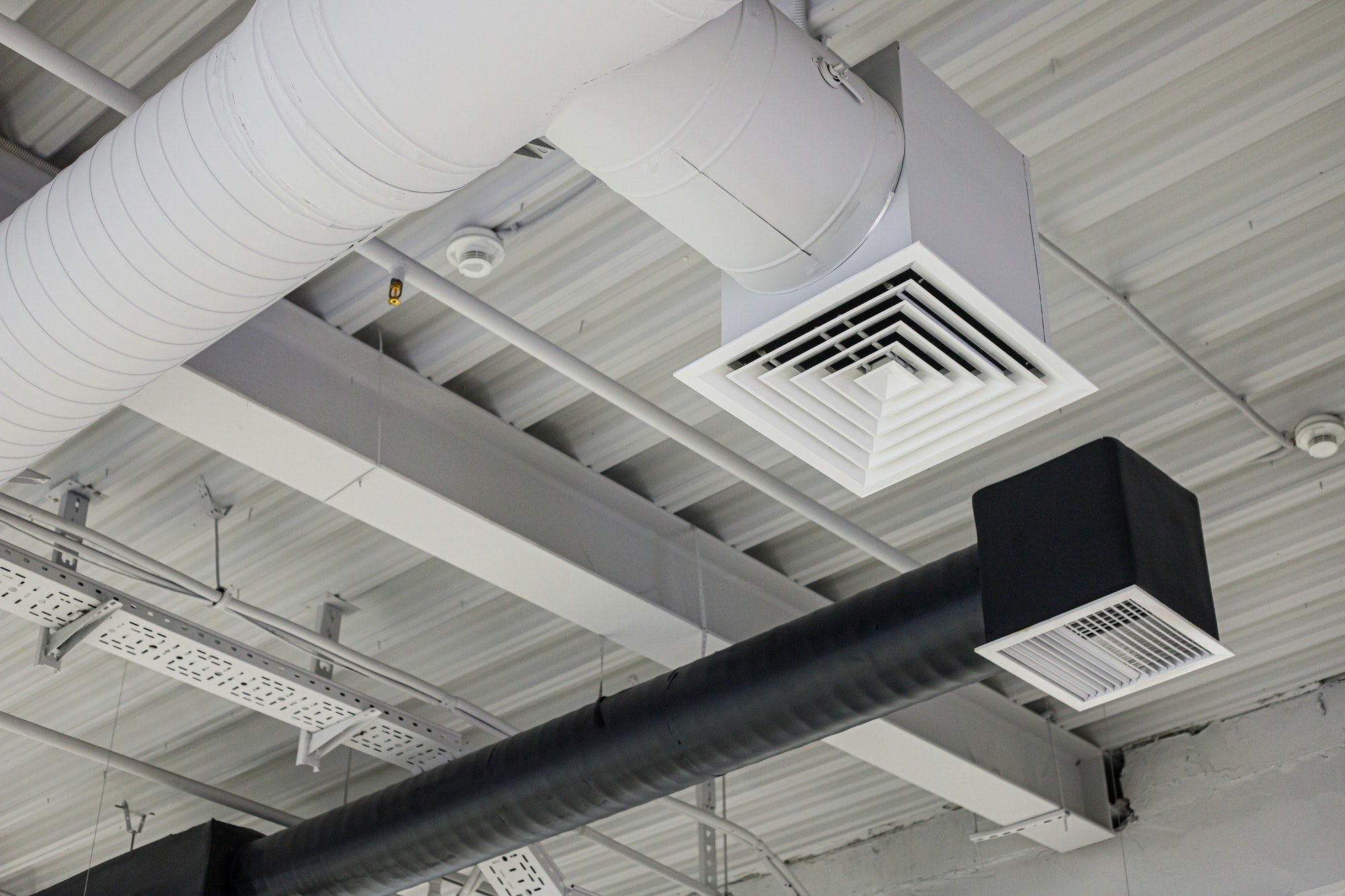
Heat Recovery Systems
Cooling solutions tailored for your business’s comfort. Delivered with expertise.
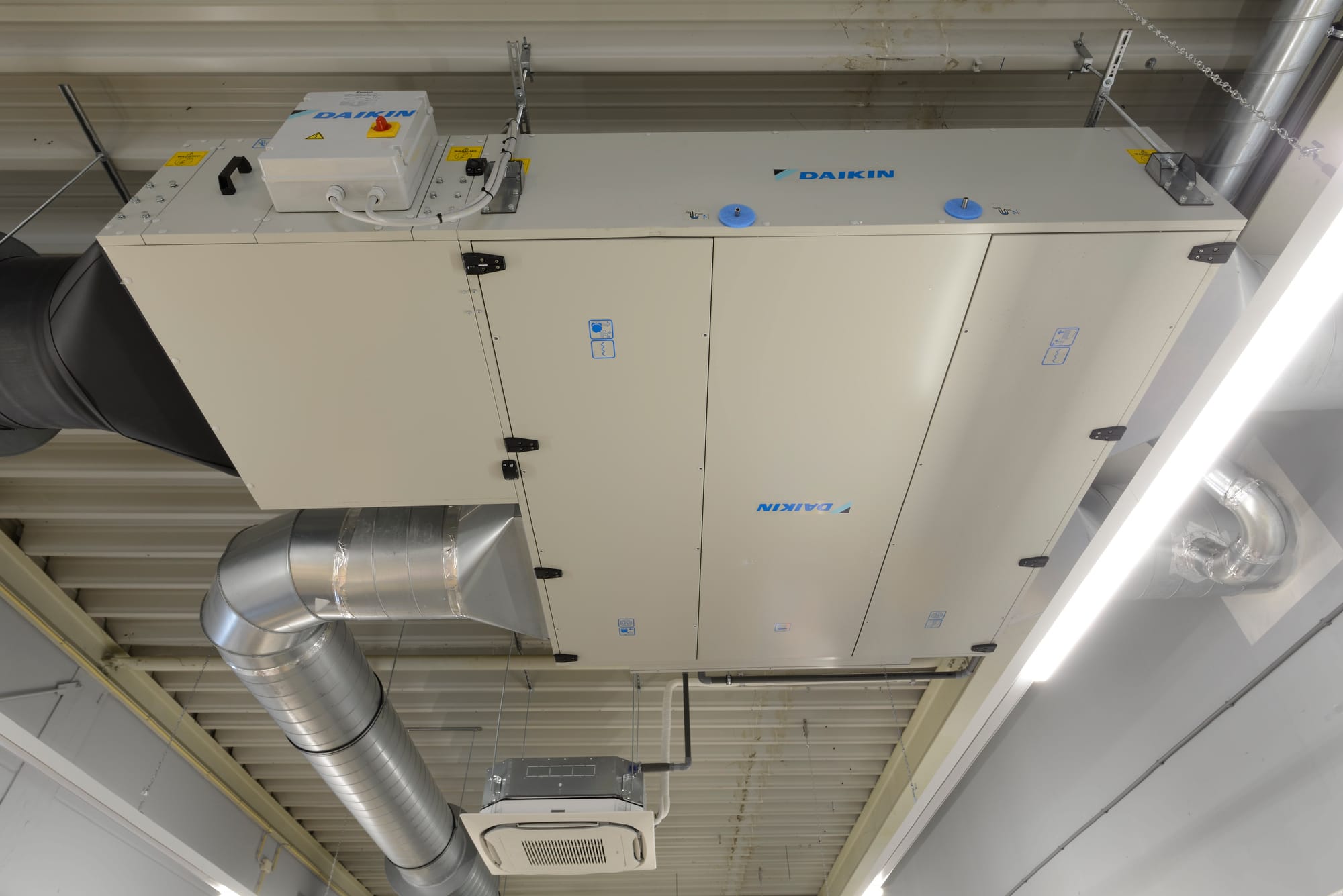
Hot Water Heating
Discover the perfect air conditioning unit for every space. Experience ultimate comfort, tailored to you.

Air Handling Systems (AHU)
Perfectly installed air conditioning solutions for your home. Let us handle your domestic air conditioning installations.
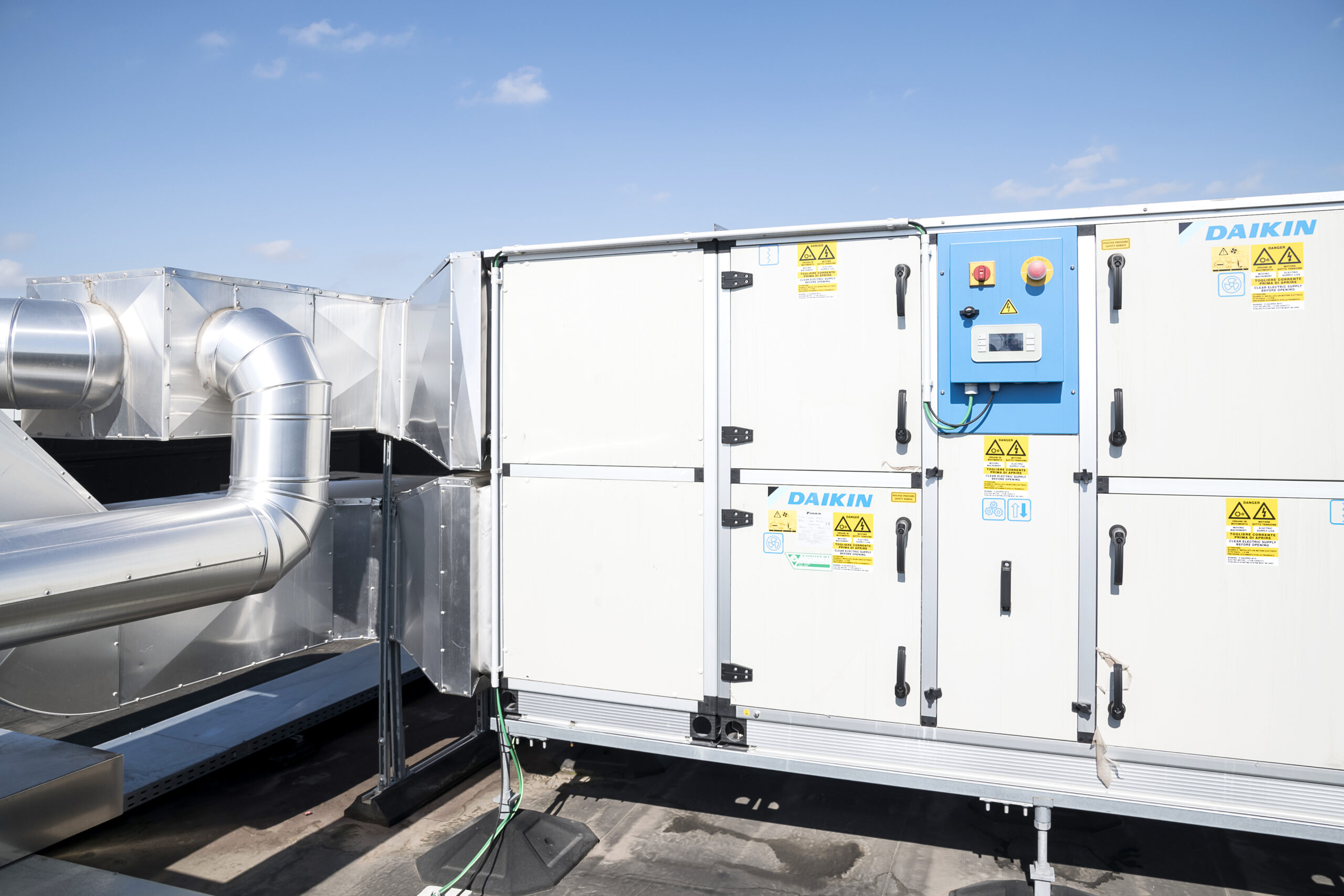
Rooftop Systems
Cooling solutions tailored for your business’s comfort. Delivered with expertise.
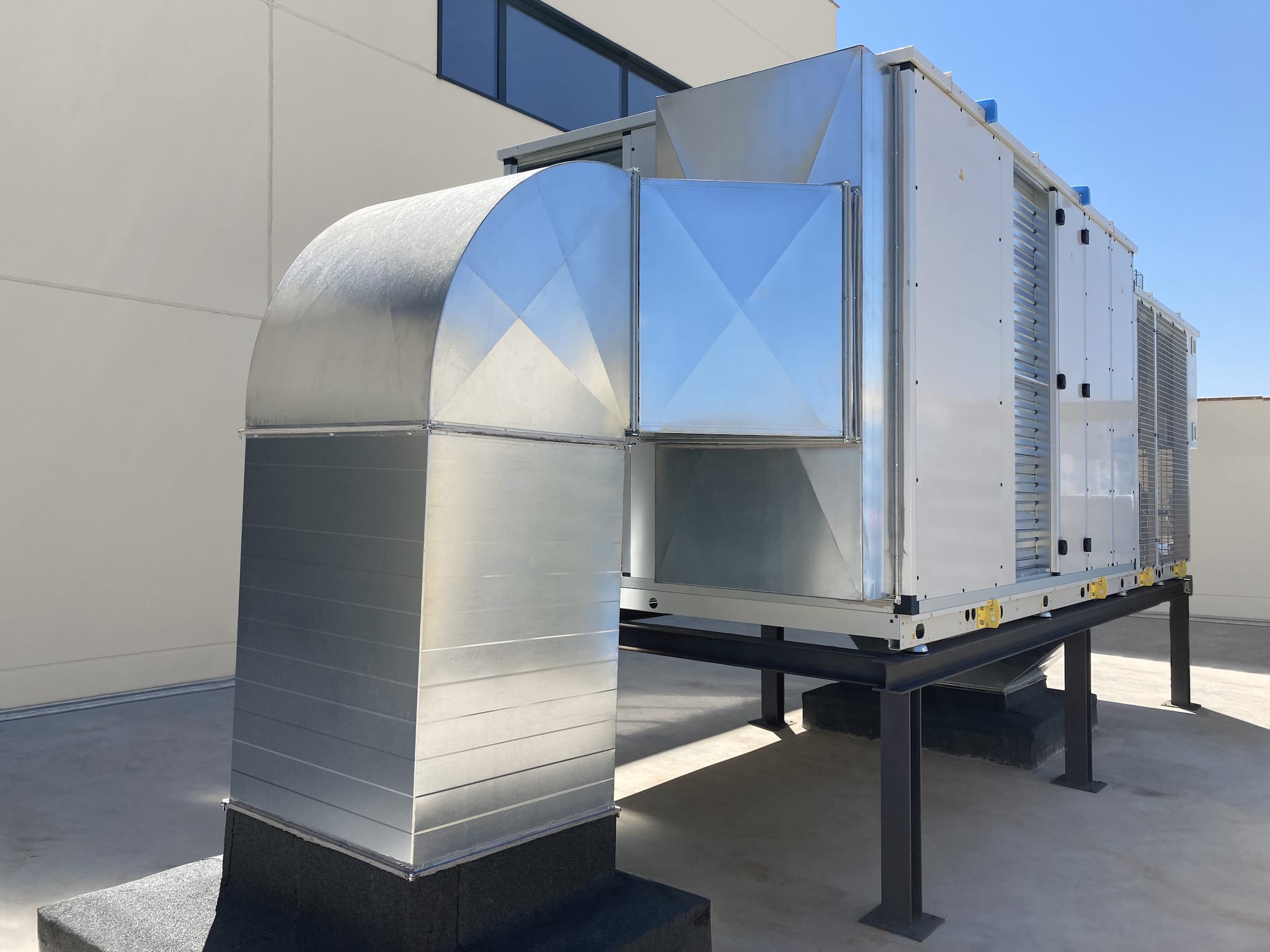
VRV/VRF Systems
Cooling solutions tailored for your business’s comfort. Delivered with expertise.

Mechanical Fit Outs
Perfectly installed air conditioning solutions for your home. Let us handle your domestic air conditioning installations.
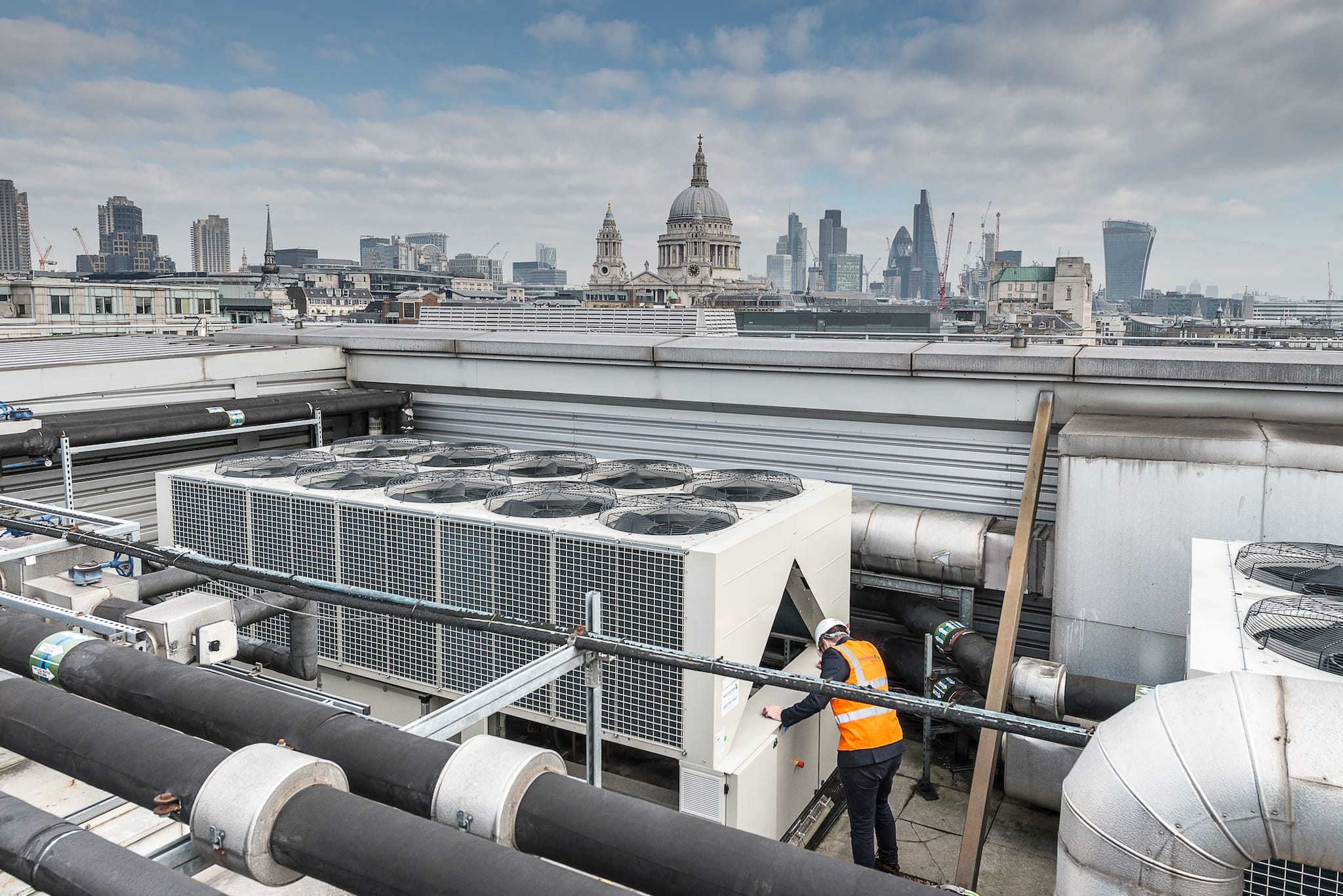
cooling your space
cooling your space
cooling your space
warming your heart
warming your heart
warming your heart

Office
Say goodbye to sweltering summers and hello to a comfortable working environment.
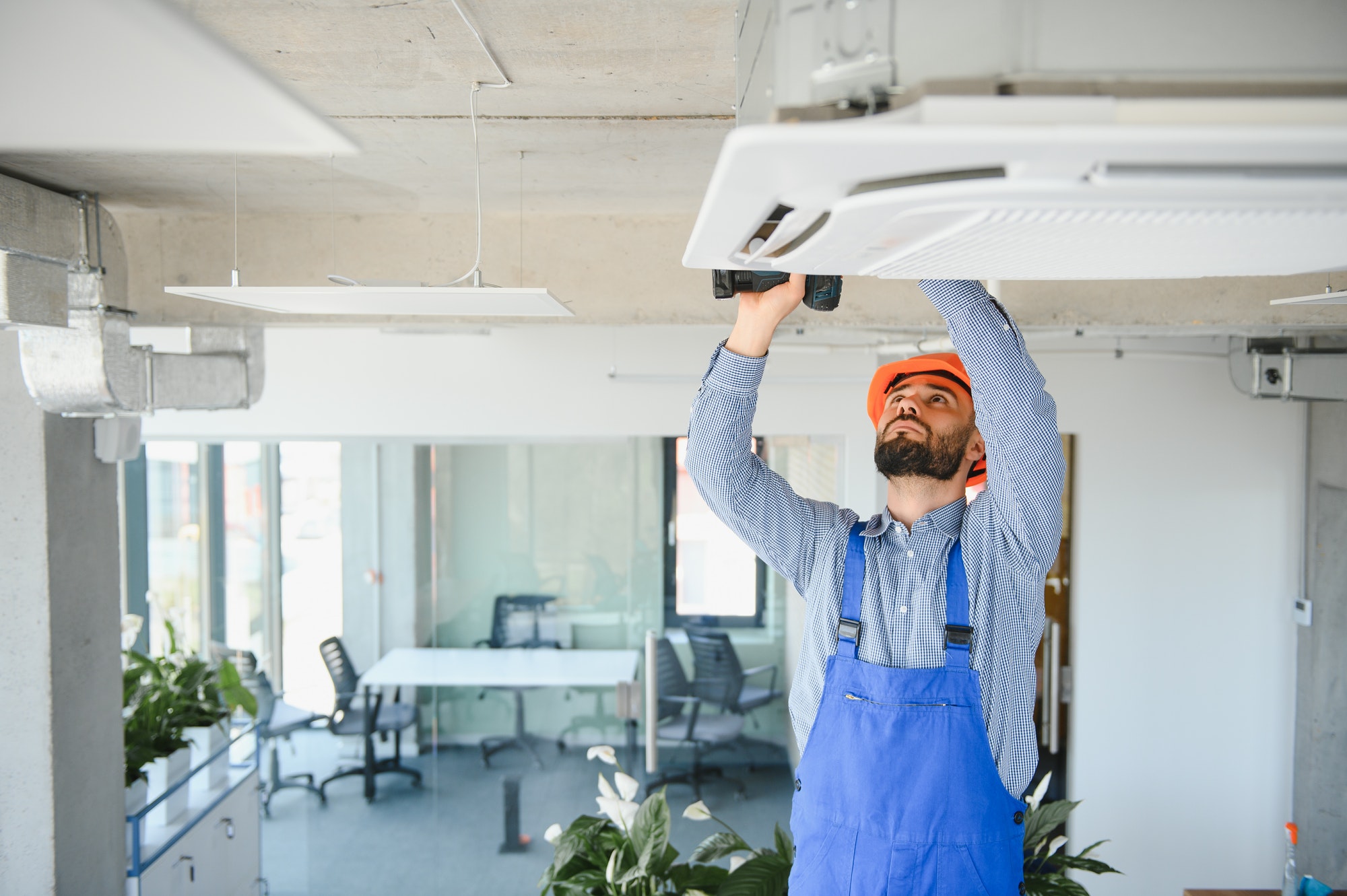
Find your applications of commercial air conditioning systems for business success
Server Room Air Conditioning
Get hands-on support to ensure every detail is meticulously handled to create the perfect climate-controlled environment for your business.
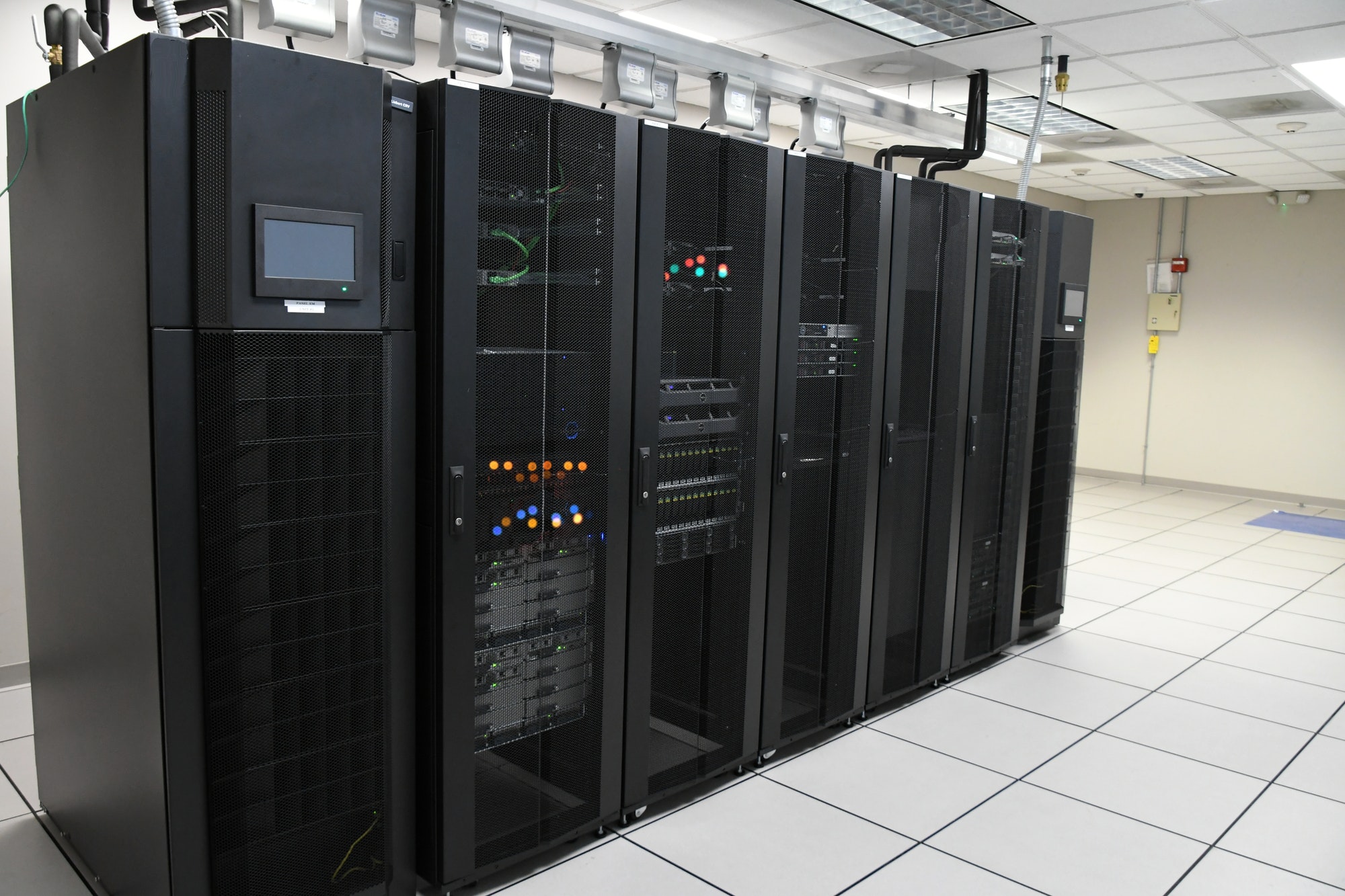
Schools
Experience ultimate comfort and productivity at your educational institution with our top-of-the-line installation.

Shops
Find year-round comfort in your conservatory with our top-of-the-line air conditioning installations
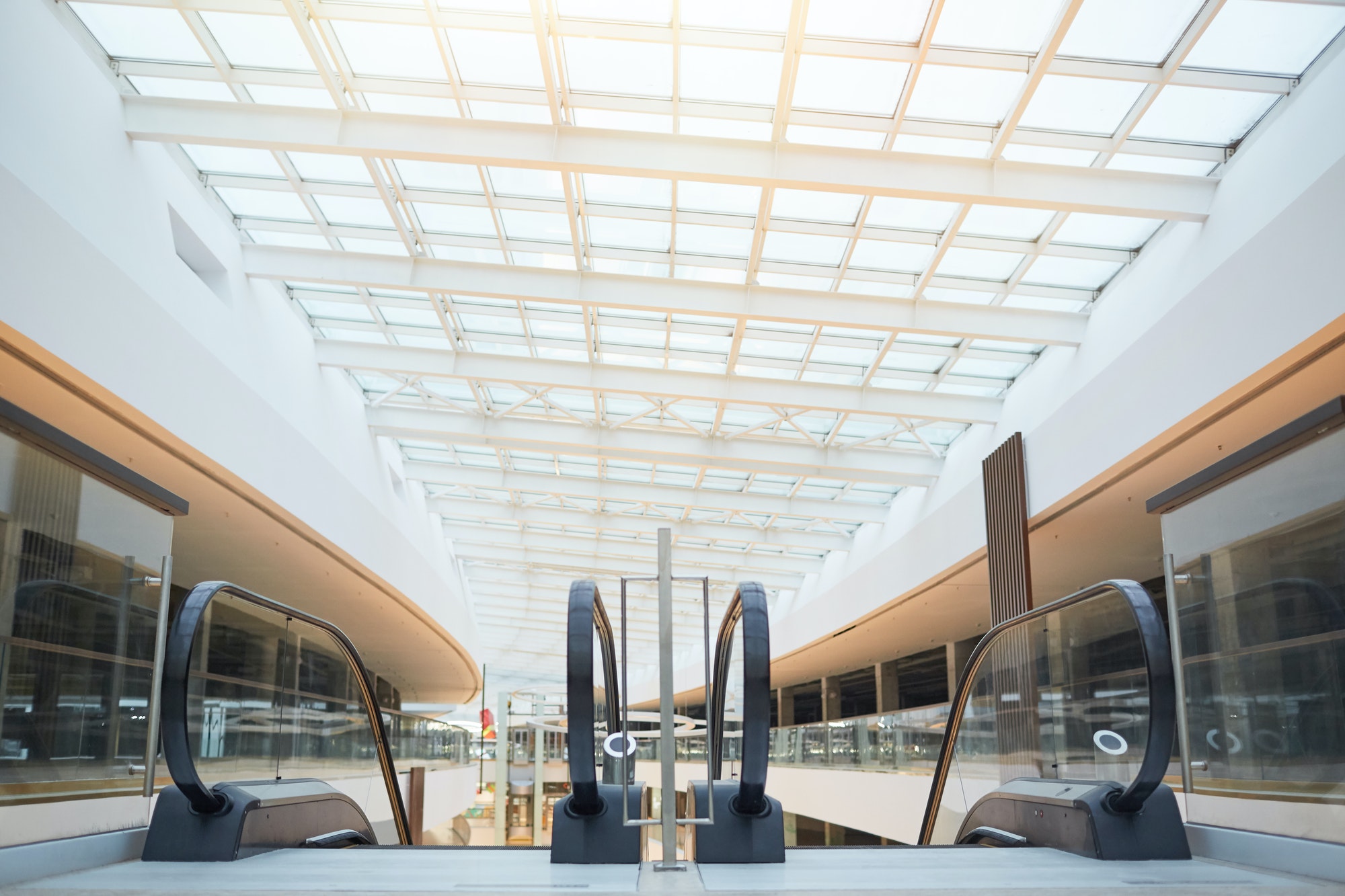
Air Conditioning for Healthcare
Trust in our expertise to provide you with top-notch support and peace of mind as we deliver the perfect solution for your healthcare facility.
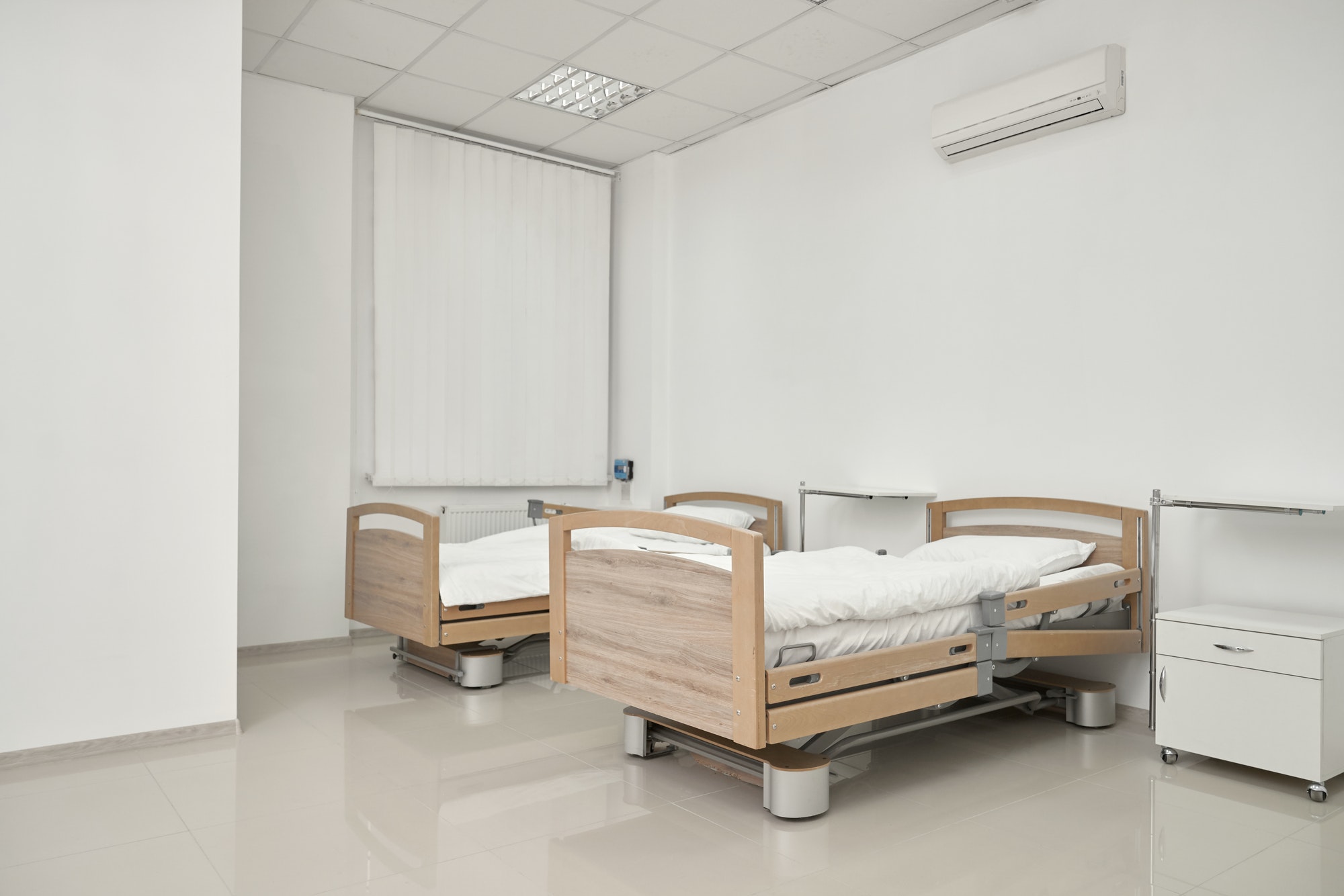
Warehouse Air Conditioning
With our timely setup, you can rest assured that your warehouse aircon system will be up and running smoothly in no time.
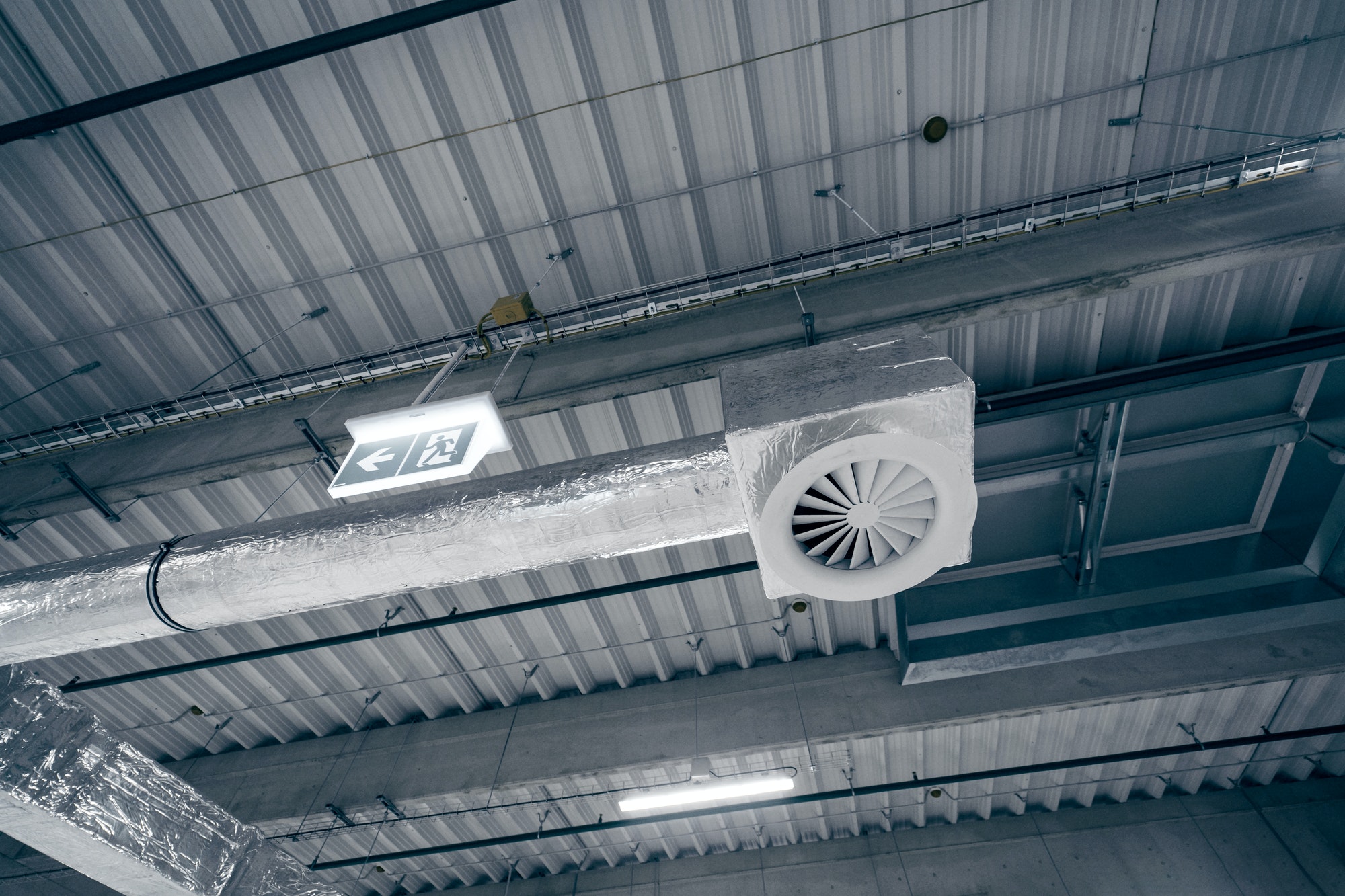
Still have questions on air conditioning for healthcare?
Frequently asked questions: healthcare air conditioning and ventilation systems installations.
What are the key factors to consider when choosing an air conditioning system for a healthcare facility?
Several factors are essential, including:
- Facility size and layout: Different systems cater to various sizes and layouts. VRV and AHUs suit large facilities, while cassettes and multi-split units are better for smaller spaces or specific zones.
- Number of zones requiring individual control: VRV and multi-split systems offer individual room control, while packaged units and AHUs may require additional zoning equipment.
- Desired level of air quality: AHUs excel in air filtration, crucial for critical care areas like operating rooms.
- Budget: Packaged units are generally more affordable than VRV or AHUs.
- Energy efficiency: VRV and multi-split systems utilize inverter technology for improved efficiency.
What are the benefits of proper air conditioning and ventilation in healthcare facilities?
- Improved patient comfort and healing: A comfortable environment promotes faster recovery and reduces stress for patients.
- Reduced risk of infection: Proper air filtration helps remove airborne pathogens, minimizing the spread of illness.
- Optimal conditions for medical equipment: Controlled temperature and humidity are critical for maintaining the integrity and function of sensitive equipment.
- Enhanced staff productivity: A comfortable and healthy workplace environment promotes focus and well-being for staff.
How often should healthcare facilities have their air conditioning and ventilation systems serviced?
Regular maintenance is vital. The recommended frequency depends on the system type, usage, and environment. Generally, annual maintenance is recommended, with additional inspections or filter changes potentially required more frequently.
What are some common issues that can arise with healthcare air conditioning and ventilation systems?
- Leaking refrigerant: This can lead to reduced cooling capacity and potential environmental concerns.
- Clogged filters: Reduced airflow and decreased air quality can occur.
- Malfunctioning thermostats: Inconsistent temperatures can compromise comfort and equipment function.
- Faulty equipment components: Regular maintenance helps identify and address these issues before they significantly impact operations.
What are the benefits of working with a qualified HVAC contractor for air conditioning and ventilation installations in healthcare facilities?
Qualified contractors possess expertise in various systems, understand healthcare-specific requirements, and can:
- Recommend the most suitable system for your facility’s needs and budget.
- Ensure proper installation and compliance with regulations.
- Provide ongoing maintenance and support to ensure optimal system performance.








